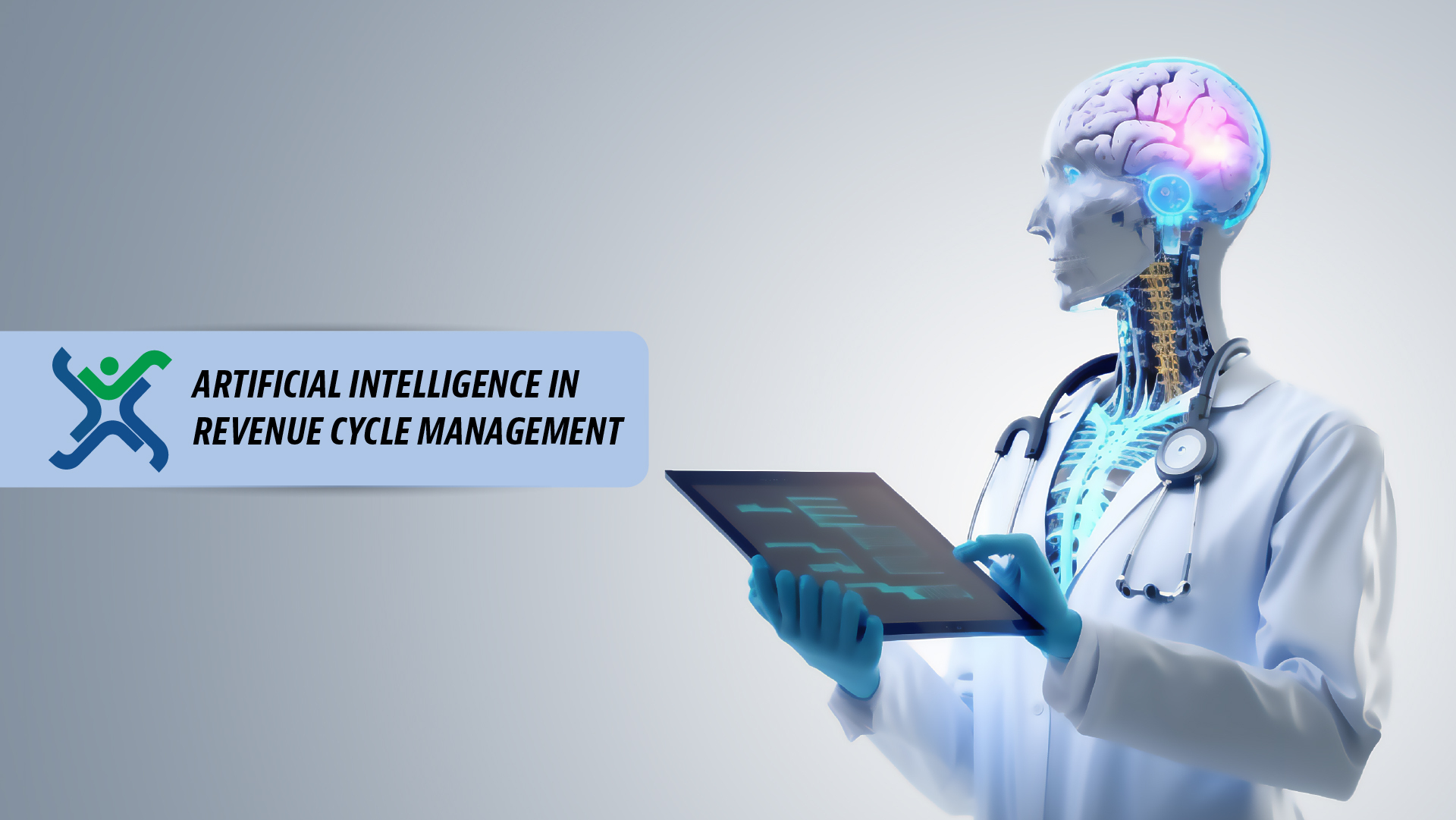Introduction
In the ever-evolving landscape of healthcare, Revenue Cycle Management (RCM) stands as a crucial process that ensures the optimal financial health of healthcare organizations. With the advent of artificial intelligence (AI), RCM has witnessed a significant transformation, revolutionizing the way healthcare revenue cycles are managed. Let’s delve into the impact of AI in RCM and how it is reshaping the healthcare revenue landscape.
The Role of AI in Revenue Cycle Management:
AI integration in revenue cycle management has brought about a paradigm shift in healthcare operations. By leveraging machine learning algorithms, AI automates repetitive tasks, enhances accuracy, and identifies patterns in revenue data. This enables healthcare providers to streamline their revenue cycles, reduce manual errors, and optimize financial performance. With AI-powered predictive analytics, organizations can anticipate revenue trends, identify potential bottlenecks, and take proactive measures to mitigate financial risks.
Improving Efficiency and Accuracy:
One of the key benefits of AI in revenue cycle management is its ability to improve efficiency and accuracy. AI-powered tools automate mundane tasks such as claims processing, payment posting, and denial management, allowing staff to focus on more complex tasks. By analyzing vast amounts of data, AI algorithms can identify coding errors, billing discrepancies, and potential fraud, ensuring accurate billing and reimbursement processes.
Enhancing Patient Experience:
In addition to streamlining revenue processes, AI plays a crucial role in enhancing the overall patient experience. By analyzing patient data and preferences, AI algorithms can personalize communication, offer tailored payment plans, and provide proactive financial counseling. This not only improves patient satisfaction but also increases patient engagement and loyalty, ultimately contributing to better financial outcomes for healthcare providers.
The Future of Healthcare Revenue Cycle:
As AI continues to advance, its role in revenue cycle management will only grow stronger. From predictive analytics to robotic process automation, AI-driven technologies will continue to drive innovation and efficiency in healthcare revenue cycles. Organizations that embrace AI in RCM will stay ahead of the curve, achieving greater financial stability and operational excellence in an increasingly competitive healthcare landscape.
Bottom Line:
In conclusion, the integration of AI in revenue cycle management represents a transformative leap forward for healthcare organizations. By harnessing the power of AI-driven technologies, organizations can optimize their revenue cycles, improve efficiency, and enhance the overall patient experience. As we navigate the evolving landscape of healthcare, embracing AI in RCM will be essential for driving financial success and delivering quality care to patients with the expertise of Sharp Info Solutions.




